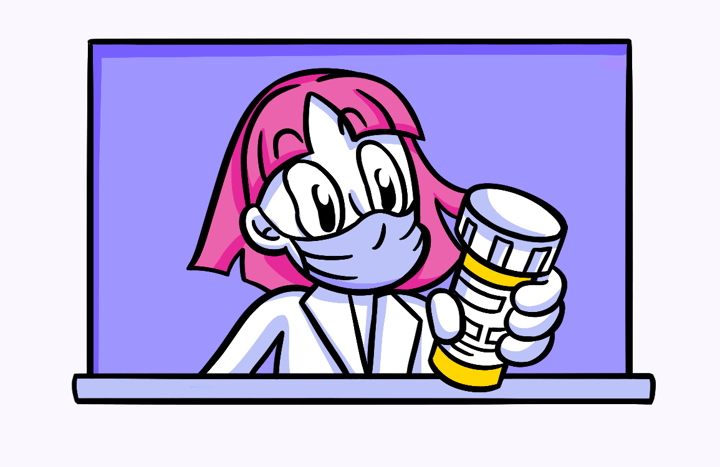Industry Professionals Audience
Pharmaceuticals Industry
Audience Description
Participants who work within the pharmaceutical industry work within companies that manufacture and process pharmaceutical products.
Pharmaceutical companies strive to develop and market increasingly effective treatments. Companies concentrate their efforts on the most profitable markets, where treatment demand is greatest. Cardiovascular, cancer, and diabetic drugs are key areas of development, as the number of older and obese individuals fuels disease rise in these categories.
Interesting Participant Qualities
33% of participants in the pharmaceuticals industry believe the field currently gives off a very corporate impression.
Pharmaceutical Panelist Quotes
We surveyed our audience of pharmaceutical industry participants to understand what their job requires now and how they feel about their industry.
“We’re not entirely innovative, but the work we do is important”
“I believe that the pharmaceutical industry is a business and is always heavily involved in politics and prevents certain cures from being released because it would tremendously affect their bottom line”
“As a pharmacy technician we do most of the leg work in getting the prescriptions filled and dispensed. We are important because there are not enough pharmacists for them to handle it without help”
“As a pharmacist, I get to educate people on drug use and information”
Common Pharmaceutical Industry Roles
This audience is made up of participants who hold job titles and roles in the pharmaceuticals industry. Each of these professionals can be targeted individually, or roles can be combined to create larger audiences.
- Laboratory technician – Receiving, testing, analyzing, recording, and reporting test results are the responsibilities of lab technicians. Receiving, labeling, and carefully storing test samples are among their primary responsibilities. Identifying and carrying out the tests required for the analysis and report.
- Microbiologist – Bacteria, viruses, algae, fungi, and some parasitic species are studied by microbiologists. Microbiologists conduct scientific tests and examine the results in laboratories and offices. The majority of microbiologists work full-time and on a set schedule.
- Biomedical engineer – Biomedical engineers study technological and medical developments in order to create new gadgets and equipment that will improve human health. They might create software to control medical equipment or computer simulations to test novel medicinal therapies, for example
- Product development scientist – Product or process development scientists are in charge of investigating and developing new manufacturing processes, as well as modifying existing systems to increase overall efficiency and profitability.
- Senior scientist – A Senior Scientist is typically regarded as a department leader. They may manage a team of other scientists while also functioning as a liaison with other business departments such as marketing, sales, development, quality, engineering, and so on, depending on the firm.
- Research scientist – The study of gaps in scientific knowledge is the responsibility of research scientists. They create, formulate, and carry out investigation protocols, as well as distribute their results through authoritative publications and papers.
- Principal scientist – As a principal scientist, you will be responsible for establishing the project’s research strategies, managing the research of staff scientists assigned to the project, and assessing the study’s progress.




